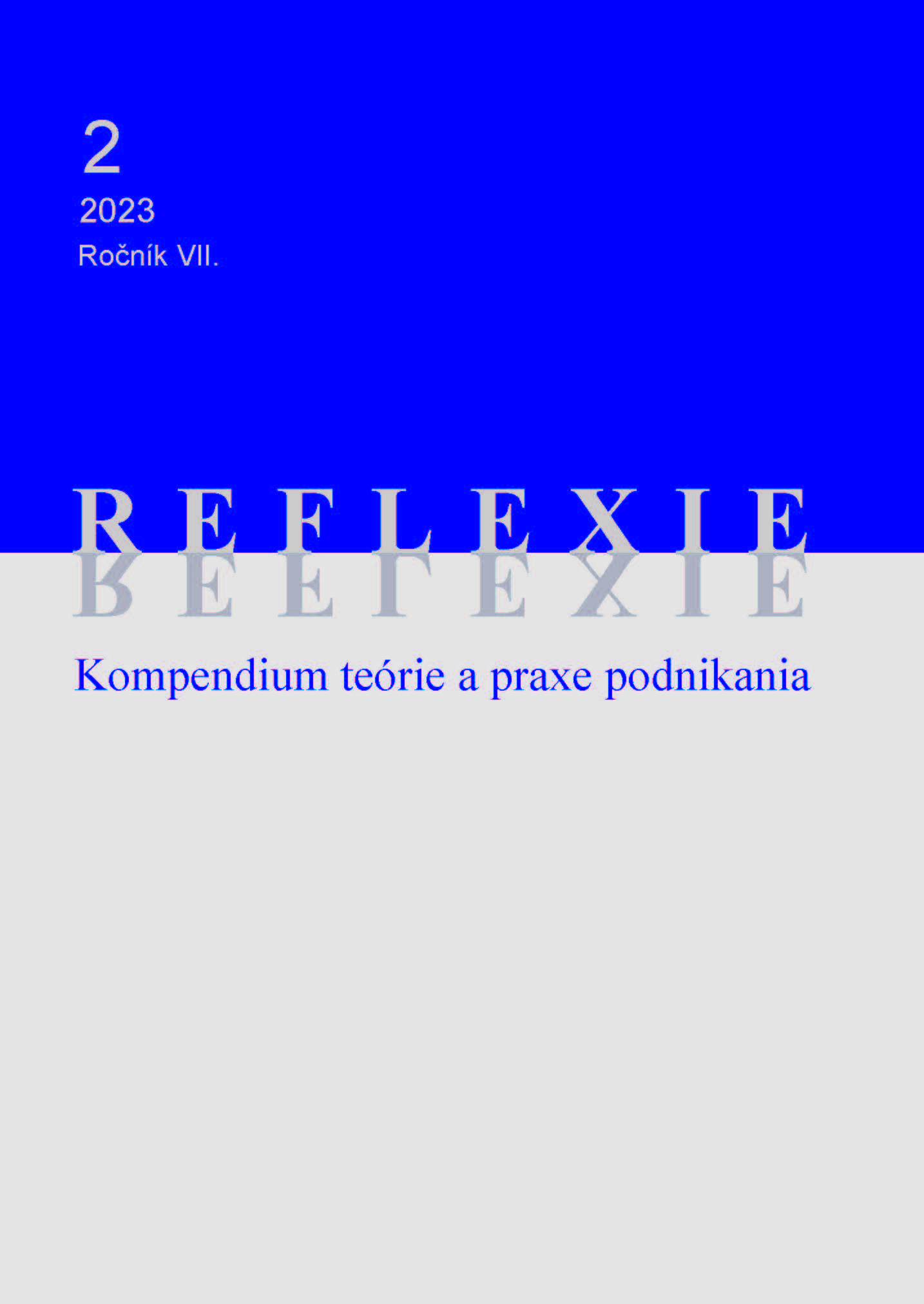Komparácia modelov sociálnej politiky vo vzťahu k úmrtnosti na COVID-19 v EÚ a USA
Comparison of social policy models in relationship to mortality rate of COVID-19 in EU and USA
Author(s): Jana Piteková, Mária Vrábliková, Zuzana GončárováSubject(s): Economy, Socio-Economic Research
Published by: VERBUM - vydavateľstvo Katolíckej univerzity v Ružomberku
Keywords: Social policy; Socio-economic health determinants; Pandemic COVID-19; Quality of life
Summary/Abstract: The contribution is the completion of a new paradigm of social policy based on the analysis of mortality from COVID-19 and selected macroeconomic indicators of the EU and the US in 2020 and 2021. In the US, a residual model of social policy is applied, and in the EU states, social policy is universalistic (e.g. Sweden) or corporate (e.g. Germany), which is socially healthier and more socially viable. The paper uses the following methods: analysis, synthesis, induction, deduction, comparative method and desk research method based on further analyzes of secondary data from WHO and Eurostat. The analysis is composed of 2 research questions. The first is focused on data on mortality from COVID-19 in the EU-27 countries and the USA, and the second is focused on the development of the HDI and selected health indicators (mortality Z-score and vaccination Z-score). The proposal to improve these indicators is a new paradigm of social policy that would eliminate economic inequality and promote social justice. The solution for the future is to discuss the advantages of a corporate and universalist form of social policy, their combination, as well as recognizing the advantages of measuring the quality of life through the HDI and other indicators that take into account factors other than economic ones
Journal: REFLEXIE - Kompendium teórie a praxe podnikania
- Issue Year: VII/2023
- Issue No: 2
- Page Range: 6-22
- Page Count: 17
- Language: Slovak

